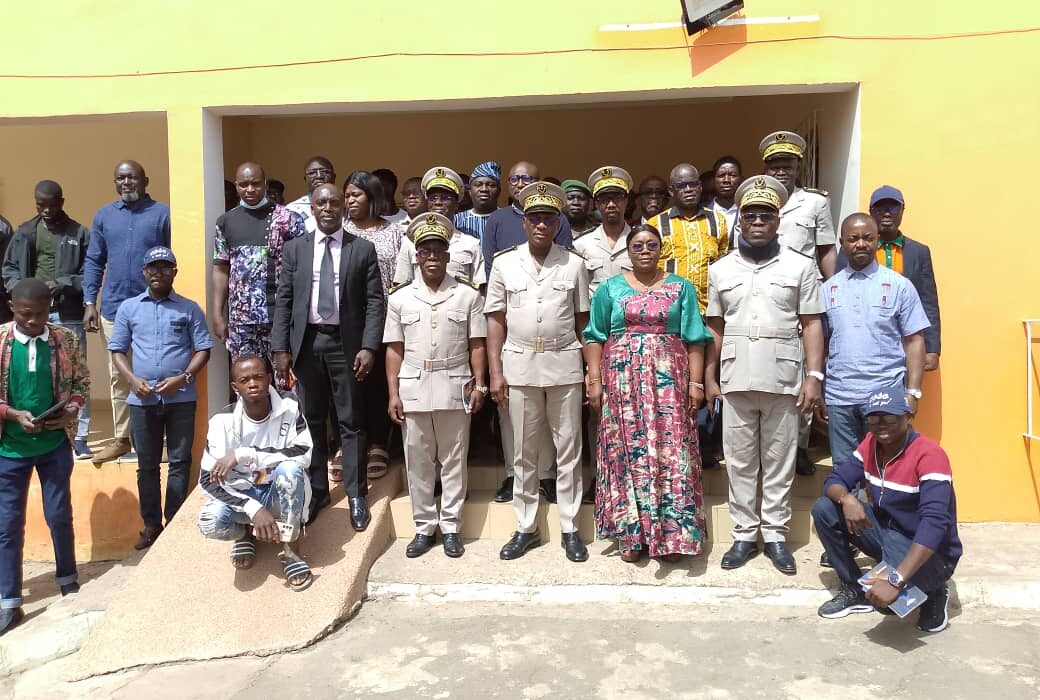What mid-term assessment can we make of the Cohésion sociale des régions nord du Golfe de Guinée (COSO) project, which came into effect in early August 2022? This question prompted the team responsible for its implementation to hold a workshop in Grand-Bassam. The purpose was to reflect on achievements so far and strategize for the period leading up to its completion in 2027. The event took place on Wednesday, May 21.
Gniré Mariam Ouattara, the project coordinator, emphasized the importance of this mid-term review workshop. She stated,
“After 30 months of activities, equivalent to half of the project’s duration, COSO has entered the second phase since March 1, 2025. As per the financing agreement and project documents, this period marks the midway review point.”
Being also involved in Production and Sustainability at the Cotton and Cashew Council (CCA), Gniré highlighted that “this mid-term review workshop is an excellent opportunity to analyze our accomplishments and discuss corrective actions needed to achieve our objectives.”
Adama Bamba, chairing the Steering Committee at the office of Côte d’Ivoire’s Prime Minister, echoed similar sentiments about COSO’s implementation approach. He mentioned that
“consultation with stakeholders, including beneficiary communities, is central to COSO’s operations. That’s why we are gathered here today.”
The distinctive feature of COSO lies in its community-led development approach focusing on rural areas near borders. The project covers ten regions within Côte d’Ivoire and has already impacted 850 out of 1,252 planned localities since inception. Alfred Batto, deputy coordinator, reported that 463 infrastructures such as schools, health centers, water pumps,and markets have been completed; another 227 are currently under construction; while work on additional 370 will commence soon. These initiatives have positively affected over 436,000 individuals – around 82.80% of their estimated target population of 810000 people.
With support from the World Bank,COSO emerged from a collaborative effort involving Côte d’Ivoire,Benin,Ghana,and Togo.It aims to address local fragility conflict,and violence issues through a regional approach.The total cost allocated for Ivory Coast amounts to XOF87.89 billion.The workshop revealed that by April30th,the World Bank had disbursed XOF32..96 billion towards completed or ongoing projects.This represents a disbursement rate of37….50%,indicating low expenditure due to various constraints.Cited reasons included shortcomings among selected companies executing projects,lackof structure within beneficiary groups,inadequate personnel for specific project components,difficulties accessing intervention zones,and extensive operational areas.

